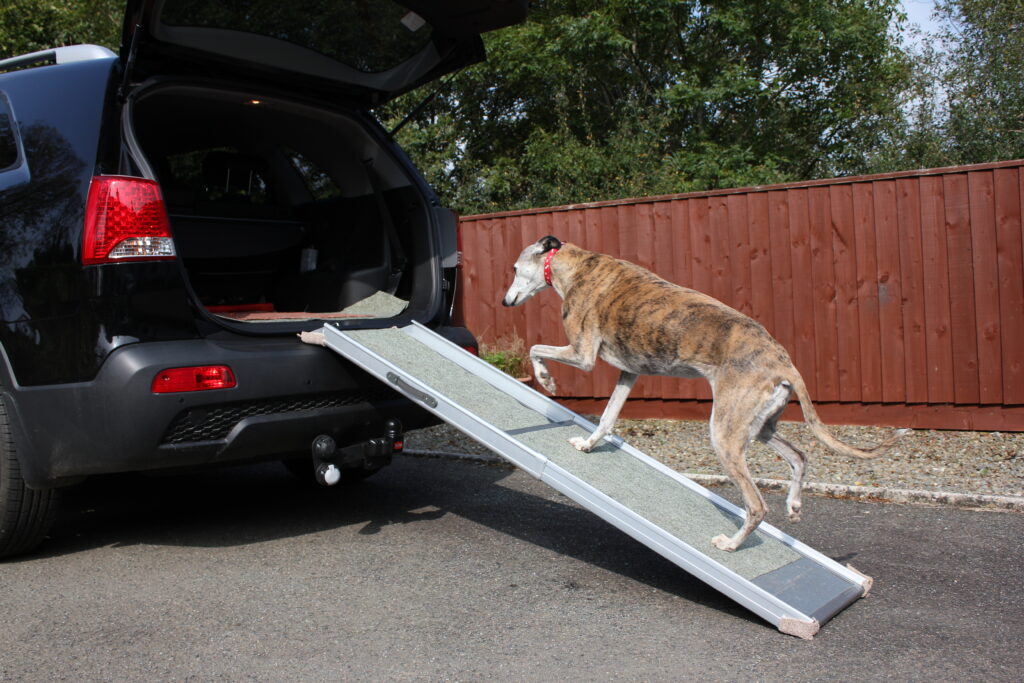Arthritis in dogs, particularly prevalent in their senior years, is a common health concern many pet owners have to deal with. We aim to highlight the symptoms of dog arthritis and provide helpful insights into enhancing your dog’s comfort and quality of life. If you have any questions or would like to schedule an appointment, please reach out to Best Friends Animal Hospital in Manchester, NH, at (603) 625-2378.
What is Dog Arthritis, and What Causes It?
Arthritis in dogs is essentially the inflammation of joints, a condition that can impact dogs at any age but is particularly frequent in senior animals. Common causes include the natural aging process where joints wear down over time, injuries leading to joint instability, obesity where excessive weight stresses the joints, and genetic predispositions in certain breeds. Understanding these factors is critical for effectively managing and mitigating the impact of arthritis on your dog’s life.
Spotting the Signs of Arthritis in Dogs
Early identification of arthritis symptoms is key to providing timely and effective care for your dog. Here’s a more detailed look at the signs:
Decreased Activity Levels
A significant reduction in activity can be one of the first signs of arthritis. Your dog might show less excitement for walks or play, or may tire more quickly during these activities. This change often occurs because movement becomes painful or uncomfortable due to joint inflammation.
Difficulty with Movements
Noticeable difficulty in basic movements can signal arthritis. This might include your dog struggling to get up from a lying position, appearing stiff after a nap, or showing reluctance to jump or climb stairs. These behaviors often develop gradually, so it’s important to observe any subtle changes over time.
Behavioral Changes
Dogs with arthritis may display changes in their behavior due to discomfort. This can manifest as increased irritability, reduced interaction with family members, or a general decrease in enthusiasm for activities they once enjoyed. Some dogs might also show increased sensitivity when touched in areas affected by arthritis.
Limping or Favoring a Limb
Limping or favoring one limb over others is a clear indication of pain or discomfort, often associated with arthritis. This might be more noticeable after your dog has been resting or first thing in the morning. It’s important to monitor the consistency and severity of the limping, as it can provide insights into the extent of your pet’s joint discomfort.
Visible Joint Changes
In some cases, physical changes in the joints, such as swelling, can be observed. These changes might be more evident in certain breeds or more advanced stages of arthritis.
If you observe any of these symptoms, schedule a consultation with our team at Best Friends Animal Hospital. We can provide a thorough assessment and discuss the best course of action for your dog’s specific needs.
How to Help Your Dog with Arthritis
Once we identify arthritis as the cause of your dog’s problems, we can focus on managing the condition to enhance your dog’s quality of life. Here are several strategies we implement:
Weight Management
A key aspect of managing arthritis is maintaining your dog’s ideal weight. Excess weight puts additional strain on the joints, exacerbating pain and discomfort. We can offer tailored dietary plans and exercise routines to help your dog shed any unnecessary pounds, thereby reducing the stress on their joints.
Physical Therapy and Exercise
Regular, gentle exercise and physical therapy play a significant role in maintaining joint mobility and muscle strength. This could include controlled walking, swimming, or specific therapeutic exercises designed to support joint health. Each program is customized to suit your dog’s specific condition and needs.
Pain Management
Effective pain management is central to improving the quality of life for dogs with arthritis. This might involve a combination of medications, such as non-steroidal anti-inflammatory drugs (NSAIDs), and natural supplements like fish oil or glucosamine. These treatments are aimed at reducing inflammation and pain in the affected joints.
Comfortable Living Environment
Modifying your home environment can greatly assist a dog with arthritis. This includes providing a comfortable, supportive bed to ease joint pressure, using ramps or steps to help them navigate furniture or vehicles, and ensuring they have easy access to food and water without needing to climb or jump.
Joint Supplements
Nutritional supplements can be beneficial in supporting joint health. Ingredients like glucosamine, chondroitin, and omega-3 fatty acids are known for their ability to help maintain joint fluidity and reduce inflammation. We’ll guide you on the appropriate supplements and correct dosages for your dog.
Does Your Pet Suffer from Joint Pain? We Can Help
Arthritis in dogs, while a significant health issue, can be effectively managed with appropriate care. At Best Friends Animal Hospital, we are dedicated to working with you to ensure your dog’s comfort and well-being at every life stage. For more information or to arrange an appointment, please call us at (603) 625-2378. Together, we can make your dog’s golden years as comfortable and enjoyable as possible.




